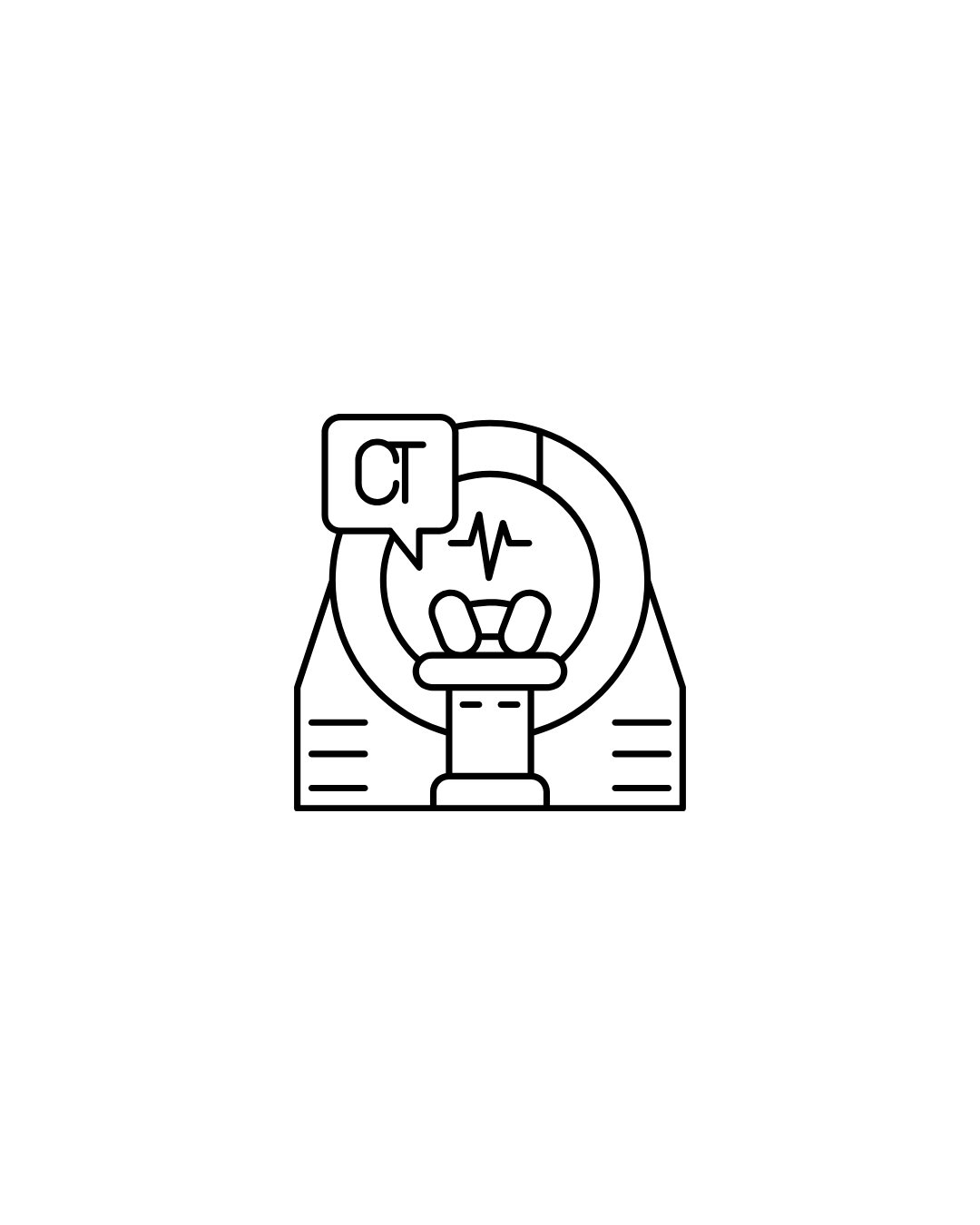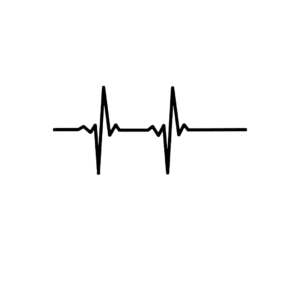Description
Overview of Post Graduate Diploma in CT Scan Technology (PG Diploma in CT Scan Technician)
The Post Graduate Diploma in CT Scan Technology (PG Diploma in CT Scan Technician) is a specialized program designed to prepare healthcare professionals to operate computed tomography (CT) scanners and effectively perform imaging procedures. This program focuses on the principles, techniques, and applications of CT imaging, emphasizing both technical proficiency and patient care.
Core Areas of Study in PG Diploma in CT Scan Technology
Introduction to Computed Tomography (CT)
Overview of the basic principles of CT technology, its history, development, and clinical applications in diagnostics.
CT Imaging Techniques
Detailed study of the methods used in obtaining high-quality CT images, including patient positioning, scanning techniques, and contrast administration.
Radiation Physics and Safety
Understanding the physics of radiation, dose optimization, and the implementation of radiation safety practices to protect patients and staff.
Cross-Sectional Anatomy
Comprehensive study of human anatomy as visualized in CT scans, enabling accurate interpretation and diagnostic capabilities.
Advanced CT Imaging Applications
Exploration of specialized CT imaging techniques, such as CT angiography, CT colonography, and advanced post-processing techniques.
Clinical Protocols and Best Practices
Development of standard operating procedures for CT scanning, including workflow management and quality control measures.
Patient Care and Ethical Considerations
Best practices for patient interactions, including preparation, communication, and comfort during CT procedures, as well as ethical implications of imaging.
Interpretation of CT Images
Introduction to fundamental image interpretation skills, recognizing normal anatomy versus pathology on CT scans.
Research Methodology in Imaging
Overview of research concepts, methods, and statistical analysis relevant to CT imaging and radiologic sciences.
Emerging Technologies in CT Imaging
Examination of the latest advancements in CT technology, including dual-energy CT, AI applications, and innovative imaging techniques.
Curriculum Structure
A typical PG Diploma in CT Scan Technology program may include:
Core Courses: Required coursework covering the fundamentals of CT technology, safety, and patient care.
Elective Courses: Options for specialized topics such as pediatric CT imaging, neurology imaging, and innovative technologies in radiology.
Clinical Practicum or Internship: Hands-on experience in healthcare settings, providing practical training in operating CT machines and conducting patient scans.
Capstone Project or Research Thesis: A comprehensive project that allows students to explore specific interests within CT imaging technology or contribute to ongoing research.
Admission Requirements
Admission to a PG Diploma in CT Scan Technology program generally involves:
A bachelor?s degree in a health-related field, such as radiologic technology, nursing, or a related discipline.
Relevant clinical experience in radiology or imaging technology may be preferred or required.
A minimum GPA or academic qualifications set by the institution.
Letters of recommendation from academic or professional sources.
A personal statement outlining the candidate?s motivation for pursuing a career in CT scan technology.
Skills Developed in a PG Diploma in CT Scan Technology Program
Graduates of the Post Graduate Diploma in CT Scan Technology program will acquire a variety of essential skills, including:
Technical Proficiency: Mastery of operating CT scanners, optimizing image acquisition, and ensuring high-quality diagnostic outputs.
Clinical Skills: Competence in preparing patients for CT scans, providing care, and managing any discomfort or anxiety during procedures.
Radiation Safety Knowledge: Understanding of radiation principles and the ability to implement safety protocols effectively.
Interpretive Skills: Basic ability to assess and interpret CT images, recognizing anatomical structures and potential abnormalities.
Professional Communication: Skills to effectively communicate with patients, healthcare professionals, and interdisciplinary teams regarding imaging procedures and outcomes.
Career Opportunities
Graduates with a Post Graduate Diploma in CT Scan Technology can pursue various career paths, including:
CT Scan Technologist
Operating CT imaging equipment, performing scans, and ensuring high-quality images for diagnostic purposes.
Radiologic Technologist
Working in hospitals or imaging centers with expertise in multiple imaging modalities, including CT, X-ray, and MRI.
Clinical Instructor or Educator
Teaching and mentoring students in radiologic technology programs, focusing on CT scanning techniques and safety.
Radiation Safety Officer
Managing radiation safety protocols within healthcare facilities, ensuring compliance with regulations and enhancing patient safety.
Specialized Imaging Technician
Focusing on specific imaging techniques, such as CT angiography or advanced diagnostic imaging procedures.
Researcher in Radiologic Sciences
Engaging in research activities aimed at improving CT technology and practices, contributing to advancements in medical imaging.
Conclusion
The Post Graduate Diploma in CT Scan Technology provides comprehensive training for individuals seeking to specialize in computed tomography and advanced imaging techniques. With a focus on technical skills, patient care, and the latest advancements in imaging technology, graduates are well-prepared to make significant contributions to the healthcare field. If you have more questions about the PG Diploma in CT Scan Technology program or related topics, feel free to ask!









